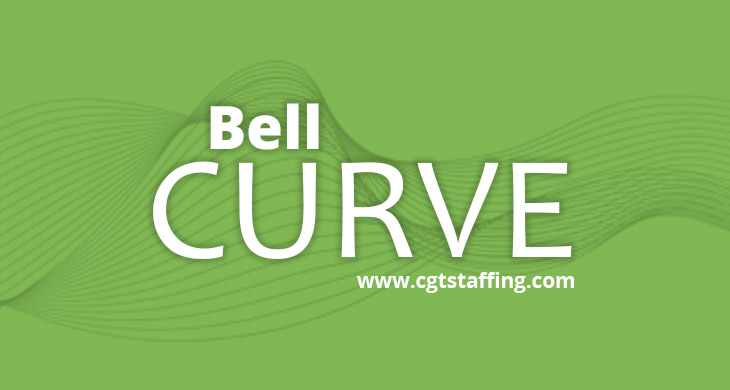Most business’ workforces are comprised of professionals with a mix of skills, expertise, and ideas. Workforce performance is usually a good indicator of the success of your talent acquisition strategy. Hyper performers, however, are a rare kind of employee that can perform far above par, even compared to reliable workers.
Do you have employees that seem to regularly outperform their peers, or frequently attack challenging tasks with success? This could indicate the presence of hyper performers in your workforce. Here’s what you need to know about them, especially how they can offer much more value than their peers.
Table of Contents
Why Businesses Should Always Look for Hyper Performers
Hiring a hyper performer through a targeted identification strategy will always be a complex task. These individuals may already be visibly valuable to their current employers; that could result in having to compete strongly for them, including relying on specialty headhunters like mortgage recruiters.

Unplanned and unsustainable financial expenditures may soon follow. On the other hand, a recent high-volume centralized hiring intake may have netted you some extremely high-performing individuals.
In many cases, these highly valuable workers could be filling roles that limit them. Hyper-performers may not necessarily excel uniformly across all tasks. Instead, they may have certain innate qualities that allow them to excel in other roles. When properly placed, these workers could outperform almost all of their peers. However, this very quality indicates standard performance appraisal methods don’t always apply to them. Especially if retaining them is a priority. Pay particular attention to the following areas:
Equitable Compensation and Benefits
How businesses manage their payroll expenses is usually a structured process. That said, a hyper performer might necessitate a departure from standards. A hyper performer, by definition, is several levels above the average employee in terms of output and ability. This does not mean other workers are less competent, merely that hyper performers have natural abilities that allow them an almost unfair advantage.
By the same token, it would also be unfair to deprive hyper performers of the rewards they derive from their above-par output. The way businesses manage the compensation and benefits for hyper-performance will always differ from that of a regular worker.
Retaining the worker means businesses can continue to leverage their high output, and being flexible enough to allow the worker to benefit is only fair. An effective people analytics strategy should help you decide the right compensation policy for hyper performers.
Managing Egos and Conflicts
Egos can often go hand-in-hand with hyper-performance. This can lead to some very obvious problems with workforce morale. Of course, disciplinary or criminal infractions shouldn’t be tolerated, but managers will need to use employ some delicate conflict management skills to keep friction as low as possible.
Egos in the workplace can be healthy up to a certain degree, though never at the expense of the morale or motivation of the rest of the workforce. Unfortunately, you can expect some of this potential to arise in any case – other workers may not always look kindly on a team member outperforming them, even if it looks good for the team as a whole.
Developing Skills to Supplement Natural Abilities
A worker may be naturally talented such that it allows them to excel in roles without needing a formal degree or diploma. People often switch career paths and find their choices to be exactly what they needed. A hyper performer, however, could potentially be able to outperform people who have academic and professional experience, even when their potential is still raw.
Through a careful skills evaluation program, you should be able to find ways to position hyper performers for future leadership. Helping such workers acquire a diploma or certification is to a business’s benefit.
Offering More Autonomy and Freedom to Innovate
Hyper performers may have radically different approaches to their work than the norm. If these approaches allow businesses to succeed, enforcing standard workflows may end up limiting output instead. Instead, when hyper performers are allowed the necessary space, tools, and flexibility to work their magic, the result may be far more appealing to businesses.
With the right mix of flexibility and autonomy, a hyper performer will continue to deliver for businesses and also be at a lower risk of attrition.
